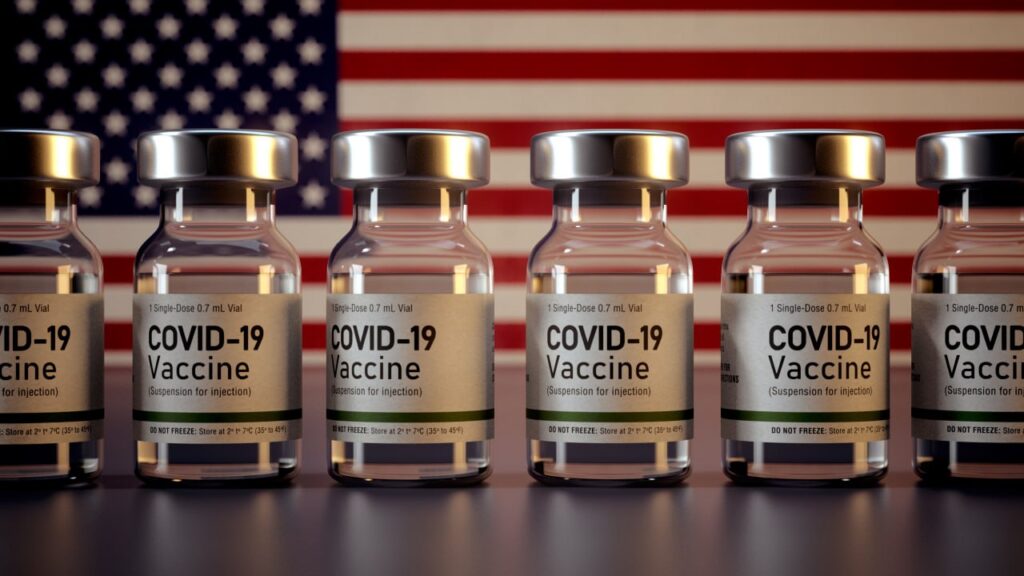A recent Pew Charitable Trusts study revealed Washington state not only increased its revenue during the COVID-19 pandemic but did so more significantly than any other state. This unexpected boost has ignited discussions among tax policy analysts regarding potential reforms in the state’s tax structure amid unprecedented revenue levels.

Evaluating Tax Proposals Amid Economic Growth
Despite the pandemic, Washington was among 11 states that saw revenue growth last year. According to the study, Washington expects to collect nearly 12% more revenue compared to pre-pandemic fiscal 2019 levels, marking the largest two-year gain nationally. This surge has brought forward proposals for a capital gains income tax and a billionaire tax, aimed at making the tax code less regressive. However, these proposals have not yet passed the legislature.
Legislative Discussions on Tax Structure
Emily Makings from the Washington Research Council noted, “The state’s revenues aren’t hurting, despite many people facing economic hardships.” Similarly, Jason Mercier of the Washington Policy Center highlighted that Washington’s top performance in revenue growth was anticipated based on consistent trends in past revenue forecasts.
Current legislative discussions include SHB 1406, proposing a 1% tax on billionaire’s assets, and ESSB 5096, aiming for a 7% tax on long-term capital gains profits. Both remain under review in the House Appropriations Committee. Rep. Monica Stonier (D-49) emphasized the importance of focusing on impactful investments rather than tax increases during a recent press conference.
Key Points of the Tax Debate:
- Significant revenue growth during the pandemic
- Discussions on capital gains and billionaire taxes to address regressiveness
- Stability concerns with making the tax code more progressive
Mercier cautioned against the volatility that could accompany a more progressive tax code, in contrast to the current stable system. He also mentioned that Washington’s high excise taxes contribute to its regressive tax landscape. Opponents of new taxes advocate waiting for further analysis by the state Tax Structure Work Group.
Important Debate
Makings reflected on the pandemic’s unique economic impact, highlighting Washington’s robust recovery and substantial rainy day fund. She concluded, “There’s no obvious need for new revenue given our strong economy and financial reserves.”
This debate highlights the complexity of balancing economic growth with equitable taxation, offering valuable lessons for future fiscal strategies.
